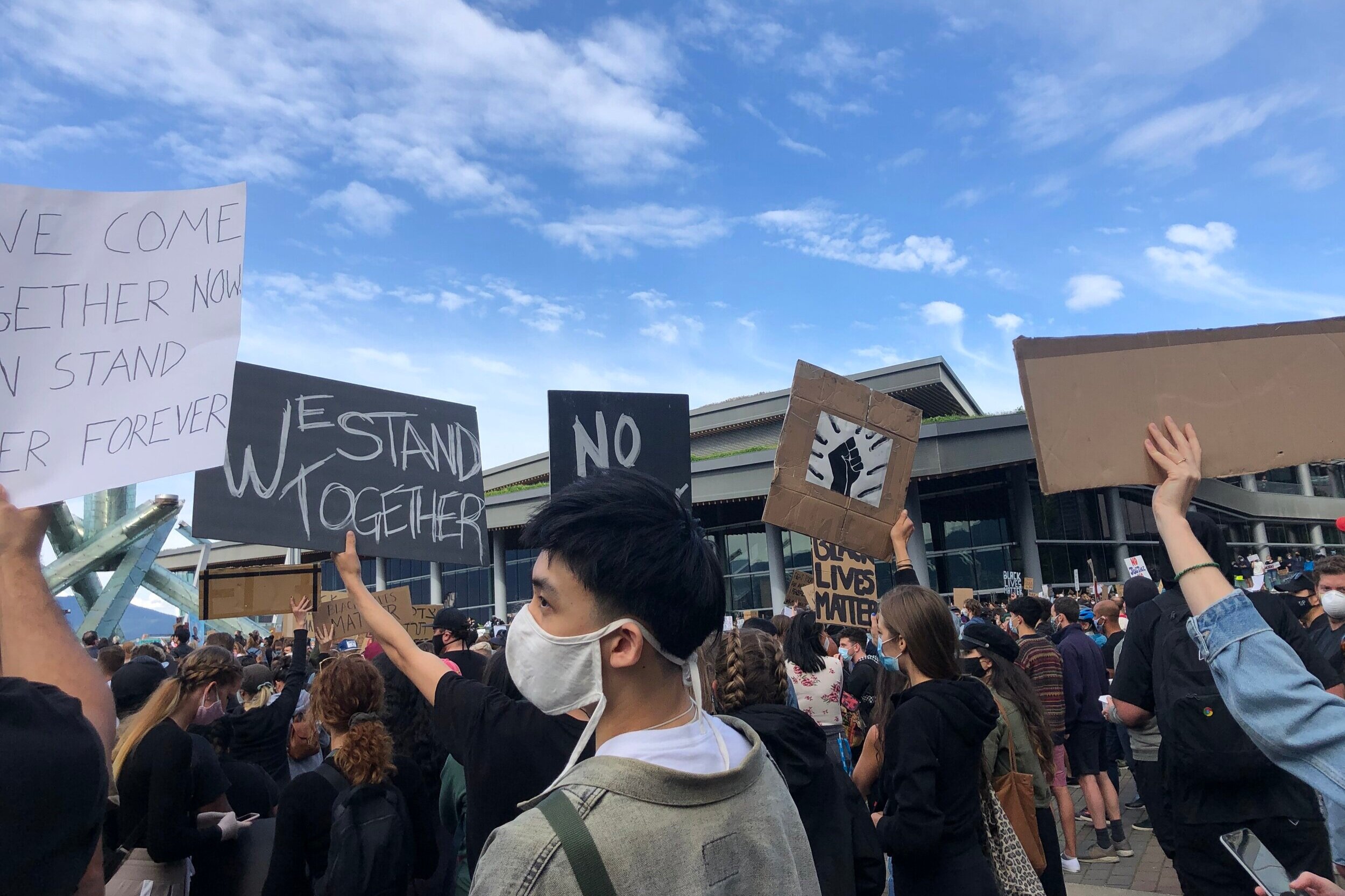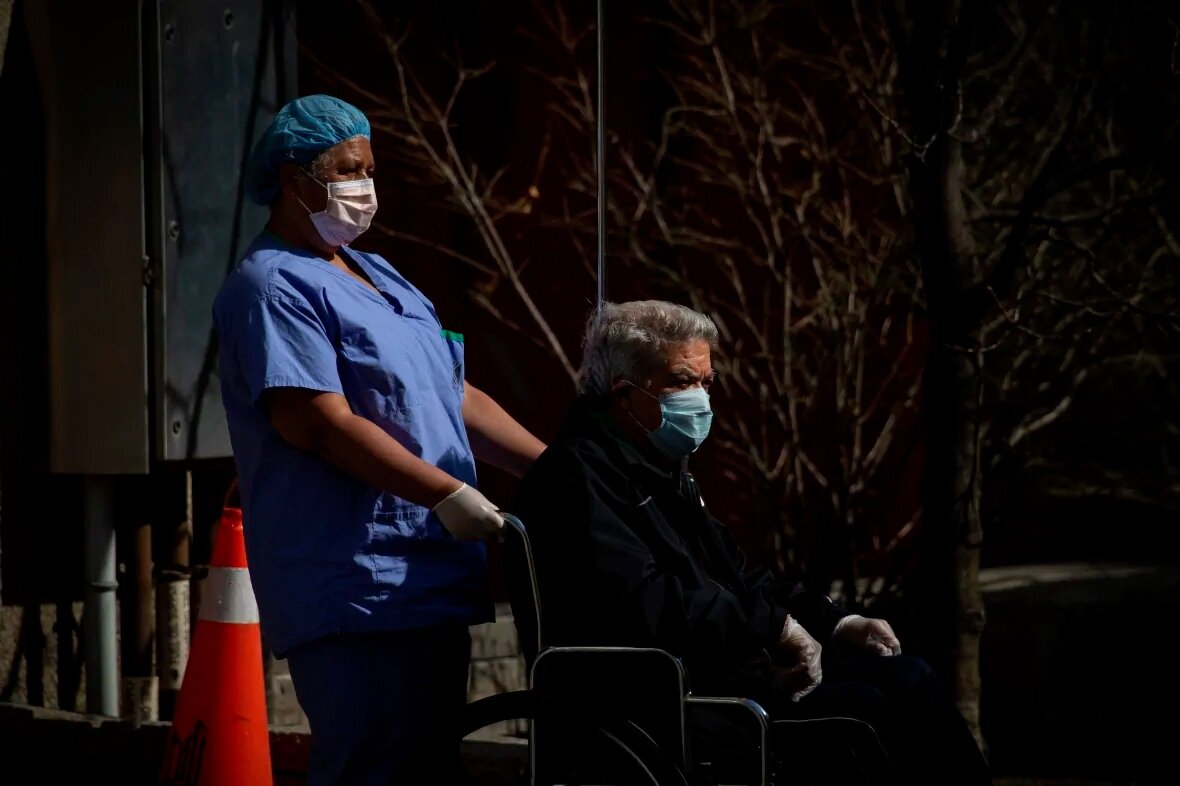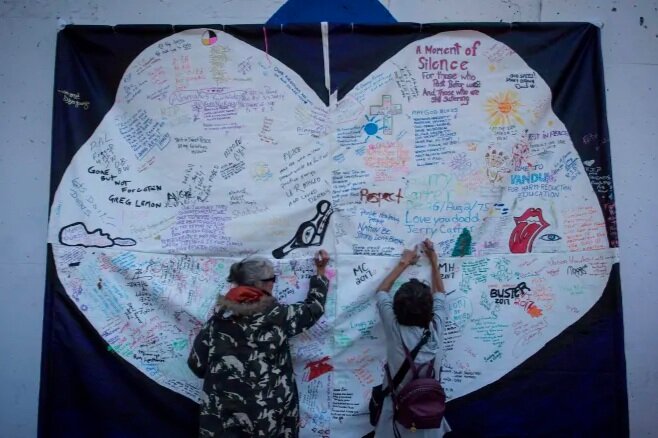Six opportunities to deepen equity and impact
Download early insights and ideas
Death has a way of laying bare the gross realities of systemic marginalization. If the pandemic and murder of George Floyd have brought inequity into sharper focus, the groundswell of neighborhood self-help groups and anti-racism protests have brought possibilities for systems change to the forefront.



How does a community foundation meet this moment?
That’s one of the meaty questions we’re holding as we work with Vancouver Foundation to strengthen their systems change grantmaking. Five years ago, Vancouver Foundation shifted its attention from social good to systems change, distributing over $50 million to more than 500 projects trying to tackle the root causes of knotty social challenges.
It’s both a substantive investment for one community foundation, and a small sum for reckoning with systems as diverse as health to justice to education to the environment. An independent evaluation concluded that Vancouver Foundation’s system change grants have increased the demand for and supply of systems change work — and also, highlighted an opportunity to more deeply engage smaller, rural, and less established organizations in historically marginalized communities.
That’s where InWithForward entered the picture. We’re a small social design team partnering with Vancouver Foundation to learn how to deepen systems change by disrupting the inequitable patterns within grantmaking. Our learning process draws from systems and design thinking, and is informed by values of civil society, self-determination and anti-oppression. We are in no way experts in equity. Our team is mostly of settler and newcomer backgrounds, from families that have originated in Europe, Russia, and South America, who have settled in Chile, the United States and Canada. Our goal is to lay bare our privileges and biases, and to open-up spaces to co-create alternative grantmaking practices with communities who have been marginalized.
Over March, April and May, we explored how Vancouver Foundation’s system change granting works. Thanks to the openness of foundation staff and leadership, we hosted conversations about values and practices, and observed how applications were scored and decisions were made. Thanks to the willingness of grantees, we spoke with ten organizations to hear their experiences of the pandemic and sense check how they might like to participate in re-imagining granting and setting funding priorities.
From these observations and conversations, alongside desk research on the barriers to equitable grantmaking, we named six opportunity areas: six broad areas for deeper inquiry and active learning. Over the summer, fall and winter, we’ll start to pursue each area: running design sprints (concentrated creative work days), co-design sessions with community members and foundation stakeholders, and experiments to figure out what practices bring new and unheard voices front and centre. We will learn as we go, inevitably making missteps, and using the challenges we hit as rich exploratory moments.
Take a look at the opportunity areas and check out some of the very early ideas.
Every step of the way, we hope to make our insights, ideas and assumptions transparent and contestable. That’s what this website is for. Every step of the way, we will also invite former, current and future grantees into the process. That will look like opportunities to road test new ideas, offer honest feedback, and generate alternative concepts with us. We will post our first invitations to participate by early August — and will offer honorariums to organizations for their time.
How would you like to engage?
What are your perspectives on systems change granting?
Reach out to us with questions and thoughts!


